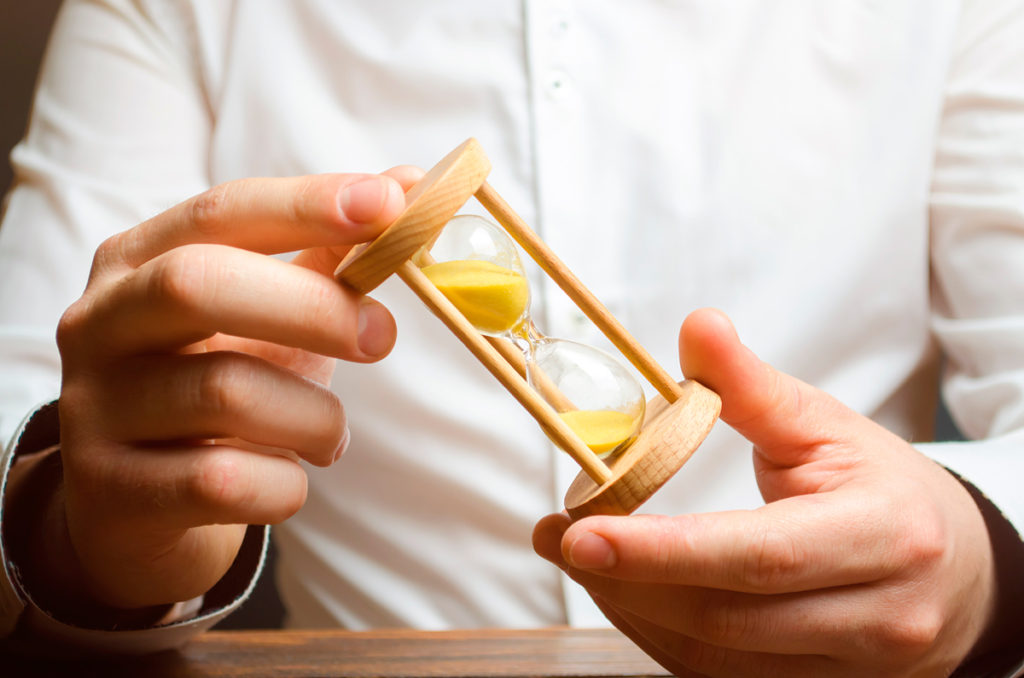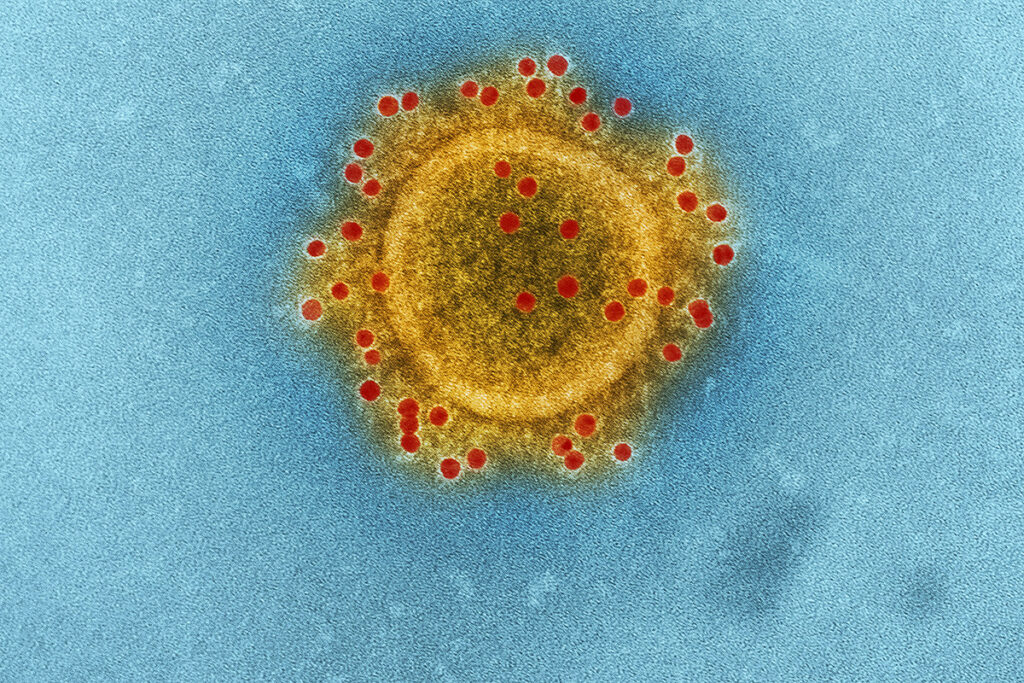Mechanism of infection control
History of vaccines
Infectious diseases have accompanied humanity throughout history. Up to a quarter of those infected died from epidemics. Even 2000 years ago, it was observed that those who survived the disease remained healthy in the next outbreak.
So the idea of vaccination was born to teach the body to fight infection before meeting it.
Innate immunity in case of infection
The first to react to the appearance of infection are the cells of the innate immune system.
Innate immunity is the oldest defense system that even plants have. It works fast, but rough. Innate immune cells tend to destroy other people’s proteins. But the toxic substances they use to fight microbes are also deadly to the body’s cells.
Also, the cells of innate immunity trigger the work of acquired immunity.
Acquired immunity and long-term protection from disease
To fight against foreign organisms that could not be defeated quickly, the acquired immunity is activated. This defense system is younger and more complex than the innate one. It is found in vertebrates, starting with fish.
Cells of the acquired immune system destroy infected cells and dangerous protein organisms. Healthy cells remain intact, but the acquired immunity needs time to learn such fine work. It usually takes 7-10 days.
In this work, acquired immunity helps innate. Innate immune cells deliver samples of dangerous proteins to the immune system. There is a selection of the acquired immunity cells that recognize other people’s genes well. The remaining cells that did not pass the selection die. The emergence of the dangerous proteins activates the adaptive immune cells that begin to actively share, learn, and be sent to the locus.
Some cells of the acquired immunity are engaged in the direct destruction of foreign microorganisms and infected cells. Others produce special proteins-antibodies that can connect to a dangerous object. The antibody prevents foreign microorganisms from entering a healthy cell. The antibody also makes the organism more visible to immune system cells that hunt alien forms.
Some cells of both types become memory cells that live for years and decades. If the same foreign protein is found again in the body, the memory cells will begin to divide, eliminate the danger and produce antibodies actively. This reaction of the acquired immunity occurs already in the first day after infection. Therefore, the disease either does not develop or passes in a mild form.
Vaccination stimulates the acquired immunity
A vaccine is a weakened or killed pathogen that can no longer cause the disease. Modern vaccines can also consist of parts of dangerous microorganisms or their toxins.
The immune system needs only such weakened forms or properly prepared fragments of foreign organisms to learn how to recognize and destroy them. 7-10 days after introducing the vaccine, memory cells are formed that will protect the body when faced with a real infection.
Factors affecting vaccination
Genetic feature
People who live in a particular area have a specific set of genes. Their immune systems have evolved over hundreds of years to resist infections that are specific to this area. A person who lived in the middle zone and went to the tropics is more susceptible to tropical diseases than a native. Therefore, there are cases when the same vaccines’ effectiveness in one territory is close to 100%, and in another – to 0%.
National and racial characteristics are also genetic factors. For example, in one race, the vaccine may stimulate the production of more antibodies and maintain longer-term protection than in another.
Age
When a baby is born, its immune system organs produce many cells that protect against foreign microorganisms. At the turn of 40-45 years in the thymus gland – thymus – already 50% of the functional tissue is replaced by fat. And in the thymus, cells of the acquired immunity are trained, which directly destroys dangerous organisms. In the elderly, the thymus is almost entirely replaced by adipose tissue. Therefore, the immunity of older people is much weaker than that of young people.
Due to age-related degradation of the immune system, people will respond differently to the vaccine. For young people, vaccination usually has a more significant effect than for older people.
Gender
Male and female hormones have different effects on the result of vaccination. The male sex hormone testosterone suppresses the production of antibodies. And the higher its concentration, the fewer antibodies are produced.
The female sex hormone estrogen, on the contrary, stimulates the production of antibodies.
Urbanization
The lifestyle of urban and rural residents affects the effectiveness of vaccination through the intestinal microbiota. Rural people have a lot of coarse fiber and dietary fiber in their diet. They feed on a good microbiota that lives in the lower intestines.
Refined products predominate in the food of urban residents, containing little dietary fiber. Refined food is processed in the upper intestines. Therefore, the lower parts get little nutrients, which are not enough to maintain a large colony of beneficial bacteria.
The microbiota produces a large number of biomolecules that affect immune cells. The depletion of the microbiota leads to a decrease in the production of antibodies and acquired immunity cells. And the number of good microbiota is directly related to the duration of antibody production.
Depending on the microbiota, the number of antibodies and cells of acquired immunity produced due to vaccination may differ by 10 times.
Concomitant disease
Scientists and doctors have noticed that acute and chronic diseases can negatively affect the effectiveness of vaccination. Tuberculosis, HIV, hepatitis C, enterovirus infections, helminths reduce the immune response to the vaccine.
Ways to raise the effectiveness of vaccination
Preliminary treatment
Preventive treatment for helminths-intestinal parasites – is a common practice before vaccination. It is used for both humans and animals.
The benefits of antibiotic treatment before vaccination are still being studied. On the one hand, the antibiotic inhibits the intestinal microflora, including pathogenic. On the other hand, it suppresses certain types of infections and increases innate immunity genes’ activation.
Adjuvants
An adjuvant is a substance that enhances the immune response during vaccination. The adjuvant can be a simple compound, such as aluminum alum. An adjuvant can also be a complex biological compound – a bacterial strain, toxin, or interferon.
The adjuvant may be natural. For example, the protein flagellin produced by the microbiota is an adjuvant for oral influenza vaccination.
Turn-based vaccination
Some diseases require several stages of vaccination to form long-term stable immunity. For example, the encephalitis vaccine is administered in 2 steps, the hepatitis B vaccine in 3 steps, and the rabies virus vaccine in 6 steps.



